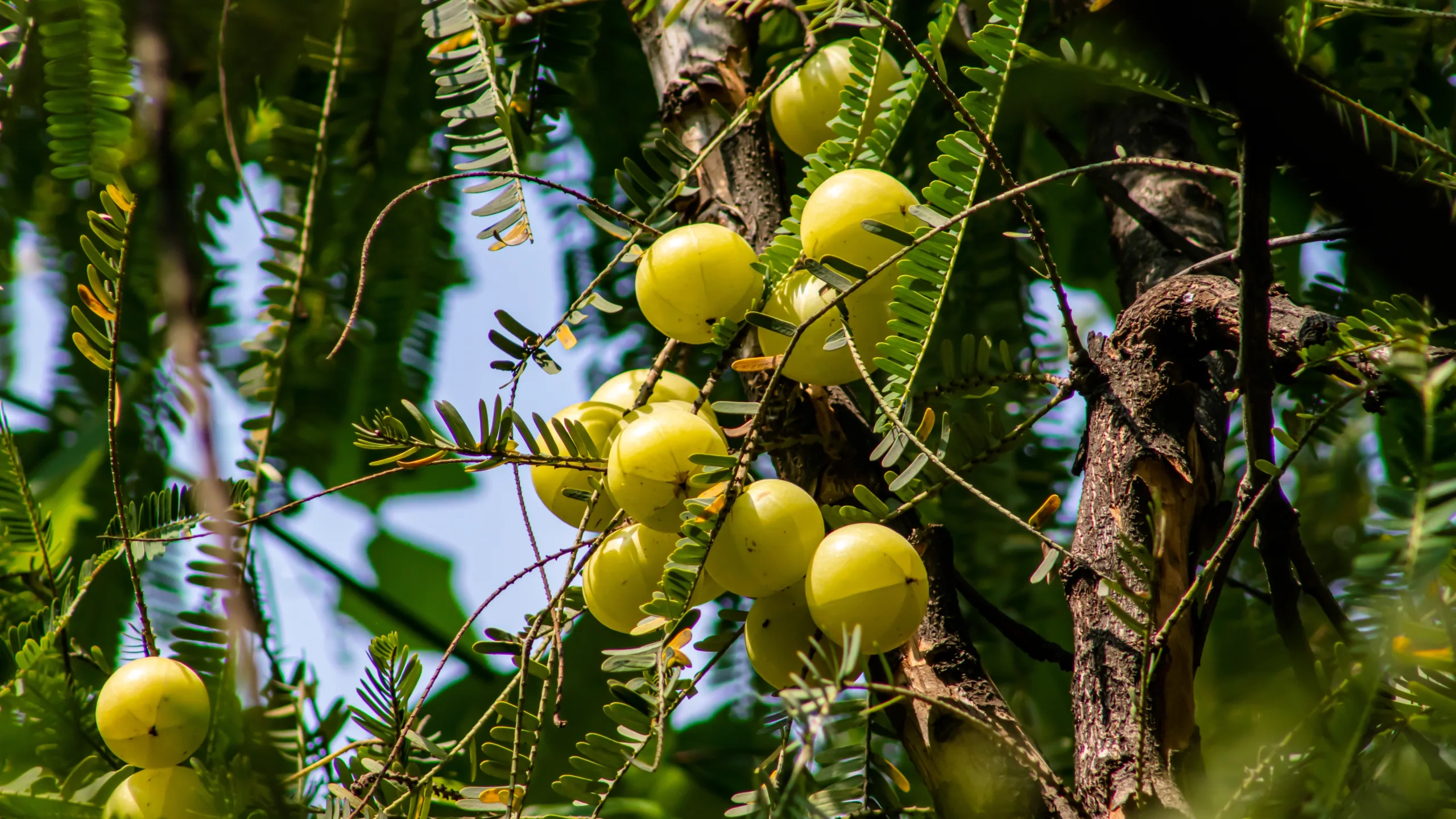Free Shipping On Above Order Value Rs. 500

Amla (Phyllanthus emblica), commonly known as Indian Gooseberry, is a small, deciduous tree native to the Indian subcontinent. It belongs to the Phyllanthaceae family and is renowned for its rich vitamin C content. Amla has been utilized extensively in traditional medicine, especially in Ayurveda, for its various therapeutic properties. It is considered one of the most important herbs for promoting overall health, supporting the immune system, and enhancing skin, hair, and digestive health.
Amla is rich in a variety of bioactive compounds that contribute to its medicinal properties. Key phytochemicals include:
Ayurvedic Pharmacopoeia of India (API), Govt. of India.
Sharma, P., & Sharma, S. (2015). "Pharmacological properties of Phyllanthus emblica (Amla) and its health benefits." Journal of Ethnopharmacology, 160, 195-204.
Gupta, S., & Nair, A. (2012). "Amla (Indian gooseberry) as a therapeutic agent: A review." Journal of Natural Products and Resources, 2(2), 148-154.
Chopra, R.N., Nayar, S.L., & Chopra, I.C. (1956). Glossary of Indian Medicinal Plants. CSIR, New Delhi.
"Phytochemical analysis and biological activities of Phyllanthus emblica." (2019). Pharmacognosy Reviews, 13(25), 55-60.
World Health Organization (WHO). (2002). "Amla in the Treatment of Diabetes and Skin Disorders." Traditional Medicine Use in South Asia.

Moving your card details to a much more secured place

100% Payment Protection. Easy Return Policy

Fast, reliable delivery from global warehouses
